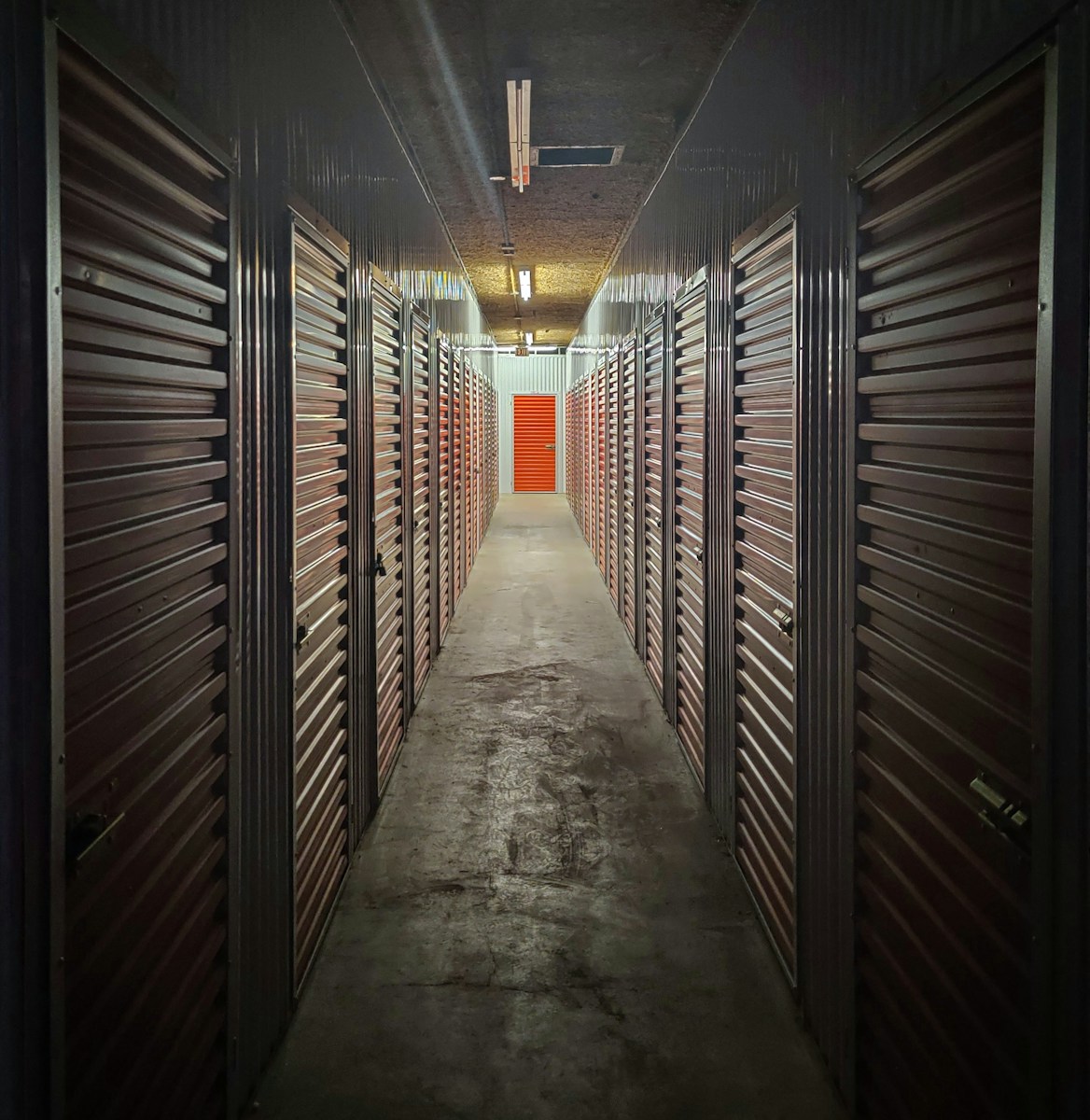Education has come a long way from the one-size-fits-all approach. Nowadays, students and parents have a wealth of options to tailor learning to specific needs. Whether it’s fostering independence, creativity, or traditional academic achievement, there’s a model for every type of learner. But with all these choices, how do you know which educational model is best suited for your situation? Let’s break it down so you can decide what works for you, your family, or your community.
Traditional Public Schools: The Community Hub
Traditional public schools are the go-to for most students in the U.S., and for good reason. They serve as the backbone of communities, offering a wide range of academic and extracurricular opportunities. These schools are often designed to cater to diverse student populations, giving students exposure to different cultures, socioeconomic backgrounds, and perspectives.
Students in public schools benefit from a structured curriculum that aligns with state standards. They also have access to special programs for students with disabilities, English language learners, and gifted students. For families looking for a classic education experience with a balance of academics and social learning, public schools are a strong fit. However, because these schools are bound by state regulations and local resources, they may struggle to innovate as quickly as other models.
For students who thrive in diverse environments and benefit from standardized learning paths, public schools are the right match. The focus here is on giving students a well-rounded education with a sense of community involvement. The public school experience prepares students for the real world through daily interaction with different peers, perspectives, and problems.
Charter Schools: Freedom to Innovate
Charter schools are rising stars in the education world, offering flexibility in curriculum and teaching methods while still being publicly funded. These schools are created based on a charter or contract, which allows them to operate with fewer restrictions than traditional public schools. They often focus on specific educational philosophies or target particular student needs.
From charter schools in Brooklyn, NY, to charter schools in Portland, OR, these institutions have become known for their ability to experiment with creative learning models. Some charter schools emphasize STEM (Science, Technology, Engineering, Math), while others might focus on arts, social justice, or even project-based learning. This freedom allows teachers to be more innovative and cater to a student’s specific learning style.
Charter schools tend to be popular with parents who want a say in how their children are educated. These schools often encourage parental involvement, making it easier to create a tailored academic environment for each student. The best part? Charter schools offer many of the benefits of private education but without the hefty tuition fees.
For students who need an individualized approach and thrive in a more experimental setting, charter schools can be a game-changer. These schools are often ahead of the curve when it comes to innovation, providing a dynamic learning environment that keeps students engaged.
Private Schools: Focus on Excellence
Private schools are often synonymous with academic rigor and a more exclusive environment. These schools are funded through tuition, donations, and endowments rather than public money, allowing them more freedom in selecting students and teachers and designing their curriculum. Private schools often boast smaller class sizes, meaning students receive more individualized attention from their teachers.
A key feature of private schools is their ability to offer specialized programs that may not be available in public or charter schools. Whether it’s an intense focus on a particular religion, philosophy, or an emphasis on arts or athletics, private schools are designed to provide a unique educational experience.
Of course, private education comes at a price, which means that these schools cater primarily to families who can afford the tuition. However, financial aid and scholarships are sometimes available for students who might not otherwise have access. Additionally, private schools tend to emphasize personal responsibility and discipline, preparing students for the academic demands of college and beyond.
Private schools also have a lot more autonomy when it comes to sustainability efforts, a key focus in today’s world. One emerging trend is how schools can combat unnecessary waste by implementing eco-friendly practices. This can range from reducing paper usage to installing solar panels, making private schools appealing to environmentally-conscious families.
Homeschooling: Tailor-Made Learning
Homeschooling has surged in popularity over the last decade, with parents seeking full control over their children’s education. This model allows for complete customization, with parents acting as teachers or hiring tutors to meet their child’s needs. It’s especially popular among families who have children with special needs, children involved in professional activities like acting or sports, or those who simply prefer a more flexible learning schedule.
Homeschooling allows students to work at their own pace. If a student excels in one subject but needs extra time in another, this model provides that flexibility. Many families who choose homeschooling enjoy the ability to incorporate their values into the curriculum, be it religious, cultural, or pedagogical. Additionally, homeschooling families can take advantage of local resources like libraries, museums, and extracurricular activities to round out their child’s education.
One challenge for homeschooling families is ensuring that students still receive social interaction. While this model offers academic freedom, it can sometimes isolate children from their peers. To counteract this, many homeschooling families participate in co-ops, where groups of homeschooled children come together for social activities and group learning experiences.
Homeschooling is ideal for self-directed learners who need a personalized education plan, as well as for families who prioritize flexibility over structure.
Online Schools: Learning in the Digital Age
With technology shaping every aspect of our lives, it’s no surprise that online schools are becoming a popular choice for students. These schools offer a complete education through a digital platform, often allowing students to work from anywhere and at their own pace.
Online schools are great for students who are highly self-motivated and can work independently. They are also ideal for students who have unique scheduling needs—whether they are pursuing athletics, acting, or other extracurricular activities—or those who have physical or medical challenges that make attending a traditional school difficult.
However, one of the biggest challenges for online students is staying focused and avoiding distractions. While the flexibility of online learning is a huge benefit, it can also lead to procrastination or difficulty in staying motivated. Parents play a key role in ensuring their children remain on track in an online school setting.
Online schools work well for students who prefer a digital environment and thrive in independent learning settings. The model is also perfect for families who are often on the move or for students who require a more flexible schedule.
Conclusion
Today, education is no longer a one-size-fits-all solution. With so many options available, it’s essential to find the right match for each student’s needs and goals. Whether it’s the innovation of charter schools, the traditional community of public schools, the exclusivity of private education, the freedom of homeschooling, or the flexibility of online learning, each model offers unique benefits. The key is to consider the specific needs of the student, the family’s values, and the resources available to make the best possible choice for success.






